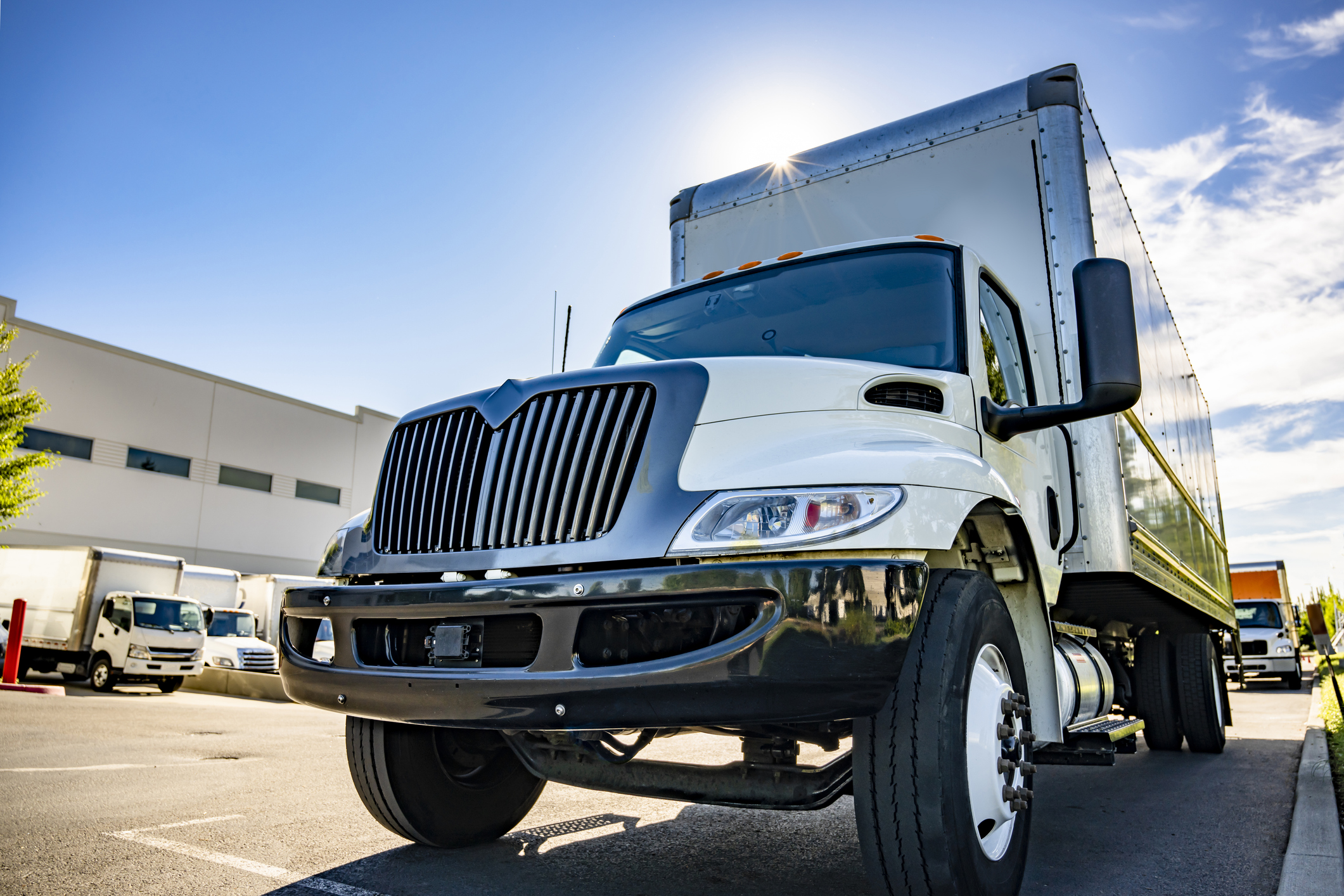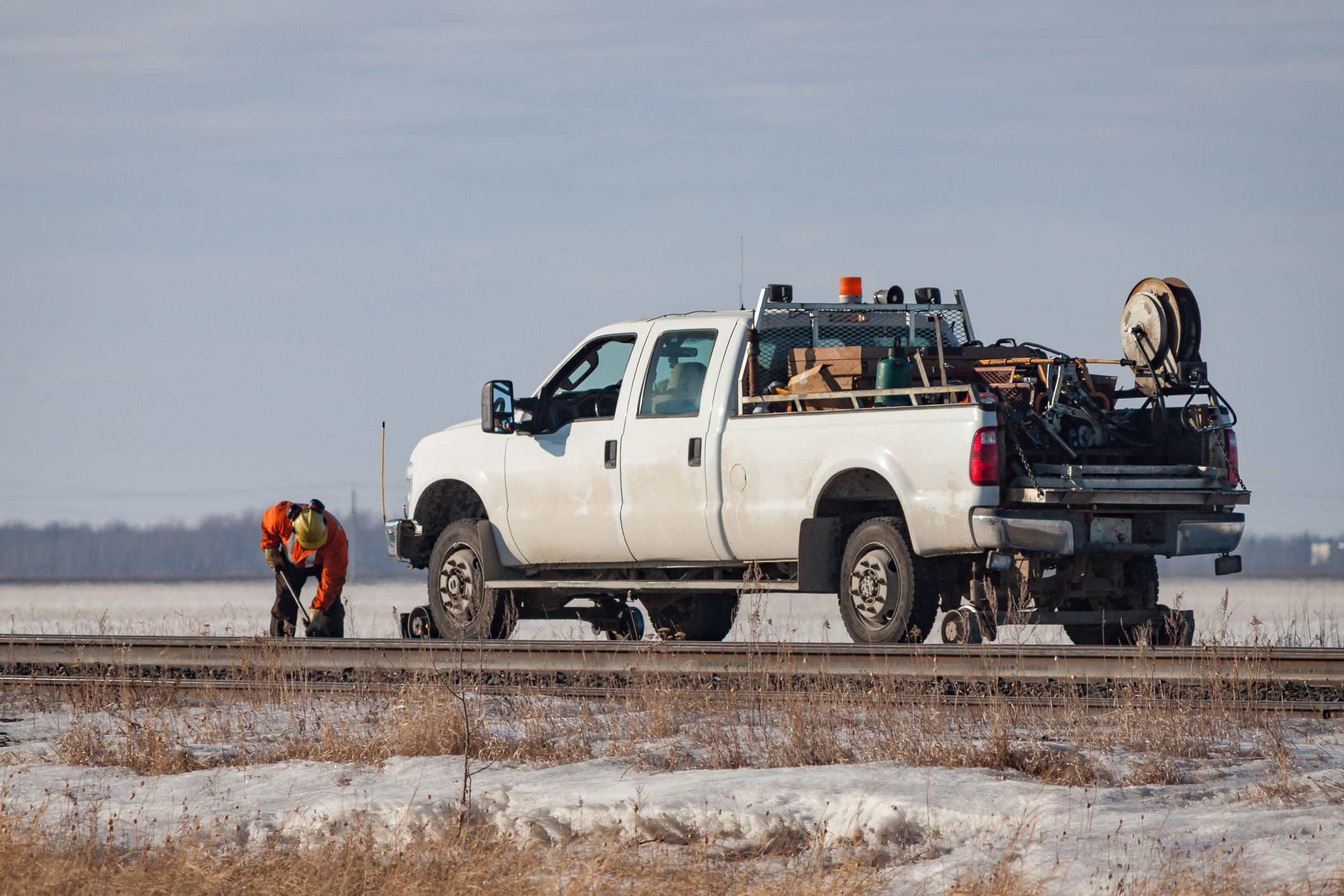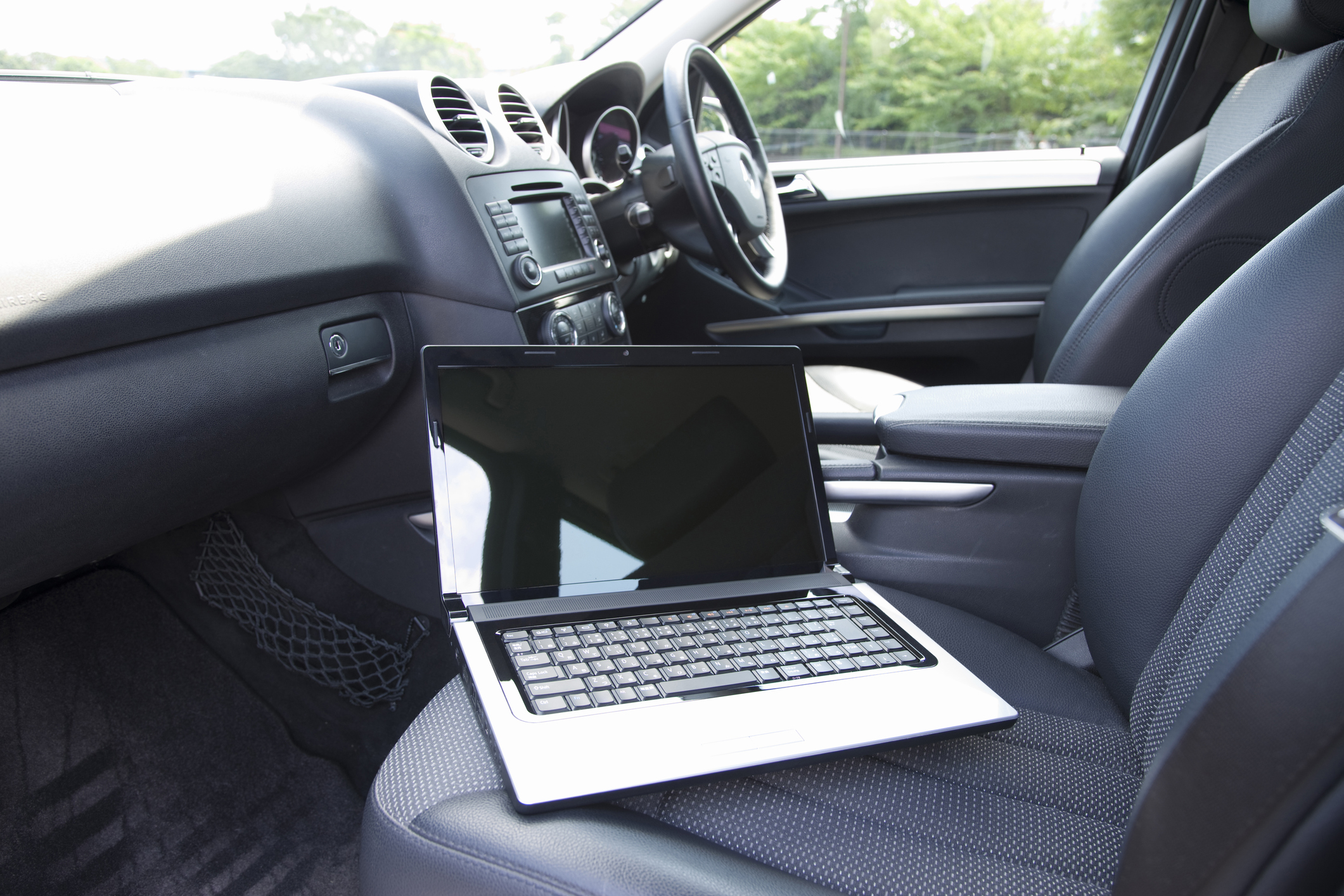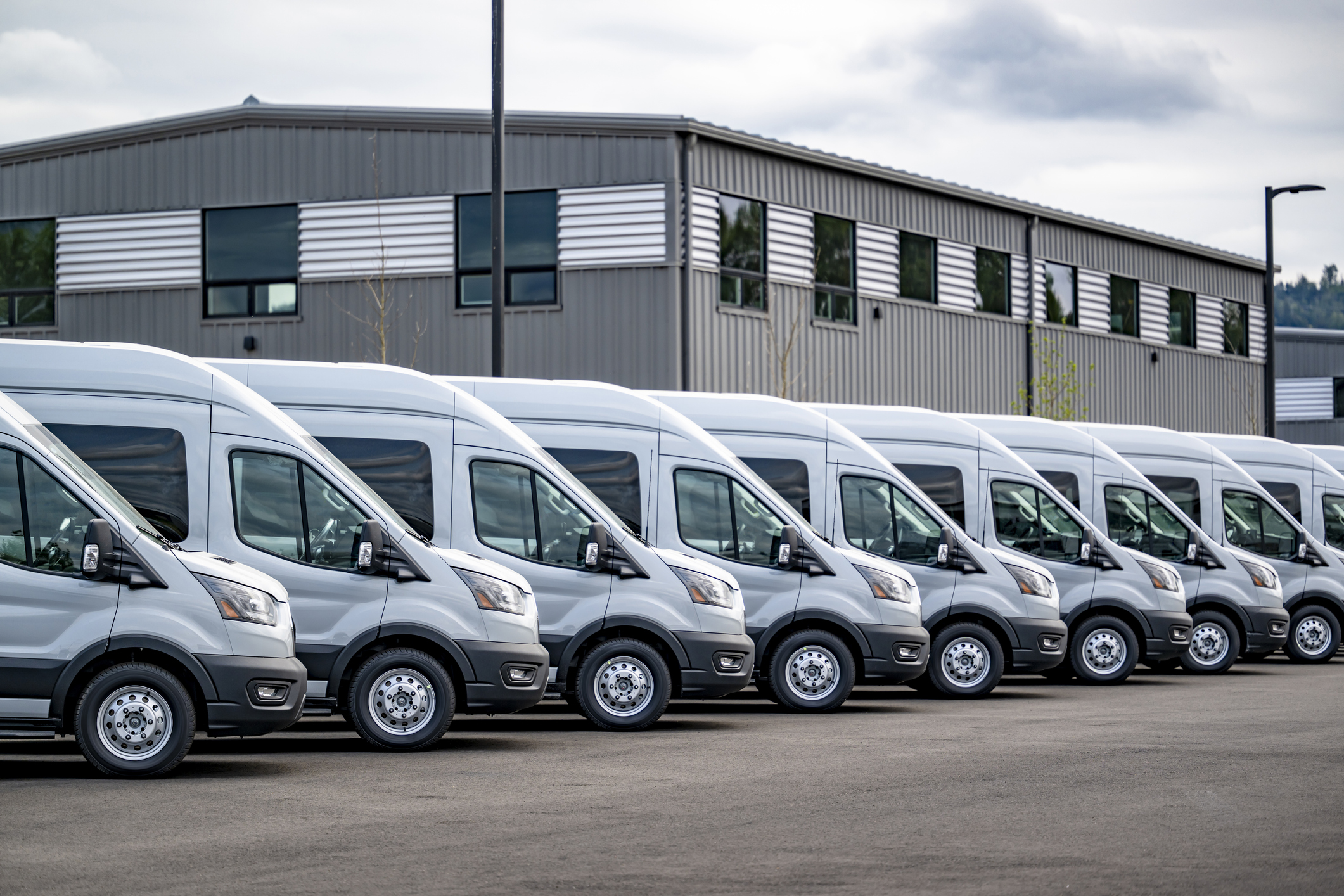
Don’t Make These Commercial Vehicle Insurance Mistakes
So, maybe you don’t have the standard 9-5 office environment that some people have. Maybe you get to sightsee and visit a new place every day, drive a different kind of car, have hundreds of podcast-listening hours, or even get to try out every single Satellite radio station on a daily basis. If this is you, then you must drive a commercial vehicle. Commercial vehicles such as work trucks, dump trucks, or semis are among the most common. But there’s a big difference between driving one for a living and owning one. So, owners—we’re talking to you! Commercial car insurance is not something to joke around with, even though we love the playfulness of it all, and here's why!
Personal Car Insurance and Commercial Vehicle Insurance—There’s a Difference?
And that difference is… well, a lot, and not just cost. There are things you can do with business auto insurance that you just can’t do with regular car insurance. Things like fleet vehicle coverage, getting a higher liability limit, and excess value. Excess value coverage means that if the price of your vehicle exceeds the amount of coverage provided by the government insurance provider, you can purchase additional coverage. Commercial vehicle insurance also covers all employees who may be driving the vehicle at any time. Got permanently attached equipment, too? Commercial car insurance has you there whereas personal car insurance does not.
With Sandbox, you can add a commercial vehicle to a policy that has personal cars on it, too! Having everything in one place is convenient for you and your broker since you won’t have to get a new policy for each vehicle. All you have to do is ensure the vehicles are registered to the named insured. And bonus points—by doing it this way, it may get you eligible for a fleet discount faster by having all your vehicles on one policy.

Not Listing All Company Vehicles and Drivers
When you’re with your insurance broker getting a commercial vehicle policy, don’t forget about that one truck that sits in the back of the parking lot. The new guy you’ve got starting on Monday? Yeah, he needs to be mentioned, too. Your insurance broker needs to be presented with all the information, including:
- The year, make, and model of all your motor vehicles
- Employee information on who will be driving the vehicles for business purposes
- Intended use of these vehicles
- If your business vehicles travel out of province, where to and for how long at one time
Personal Car Insurance with Business Use Vs. Commercial Vehicle Insurance! Which one do I need?
Let’s break these two down because the last thing you want to do is overinsure or worse… underinsure.
Personal Car Insurance with Business Use:
- Business use can be registered under your name or a company name
- The vehicle is used for business purposes for 20% or more of its annual mileage
- For example, it’s ideal for when you use your vehicle for work but aren’t necessarily hauling things around
Commercial Vehicle Insurance
- When the commercial vehicle is used strictly for business-type operations, like hauling equipment and supplies to job sites, or goods like grain, or goods of others
- Examples of industries that typically require commercial auto insurance are trades, contractors, or companies that do earth, sand, or gravel hauling
- A commercial vehicle insurance policy can decrease downtime if you have a loss and need to rent a replacement vehicle to carry on your operations
Have a company car that doesn’t fall under any of these categories, or maybe a bit of both? Don’t worry, your insurance broker will quote you and make sure you’re set up for the right policy for your business needs.

Vehicle Types and Their Uses
This is a key topic to bring up when getting your insurance policy, too. Let’s say you’ve got three work trucks, but they all frequent different provinces, haul different equipment, and have different drivers. Yeah, this is something that can get overlooked but may impact you as a business owner in the long run if not mentioned, especially in the case of a collision or other perils. Make sure to give a realistic picture of the vehicle’s usage and account for the little things.
Contents Inside the Business Vehicle—Are Those Insured?
Items inside your commercial vehicle can be insured, but not with a commercial vehicle insurance policy. Commercial auto covers the vehicle itself, but not what’s inside. That means if your tools get stolen or the product you’re delivering gets damaged, your auto policy won’t cover those losses. You’ll need cargo insurance or a separate tools and equipment policy to protect what you carry.

Fleet Vehicle Coverage
If you operate more than one vehicle for business purposes, your insurance broker might recommend a fleet policy. This helps keep your coverage consistent, simplifies administration, and can sometimes offer better pricing, especially if your business is growing.

No matter what kind of work you do, having the right coverage matters. It’s why commercial vehicle insurance in Saskatchewan and Manitoba with Sandbox is essential for running your business in the prairies. Whether you're making deliveries, meeting clients, or hauling tools, auto insurance for commercial vehicles helps keep your business moving. If you rely on your car, truck, or van for work, commercial car insurance or business car insurance gives you peace of mind knowing you're protected. By avoiding these common mistakes, you can get the most out of your commercial vehicle insurance and keep your business on the road.
Just a heads-up: The info in this article might not match your exact policy with Sandbox Mutual Insurance or any other insurer. For the full picture, take a peek at your policy or talk to your broker to make sure you’re properly covered.
